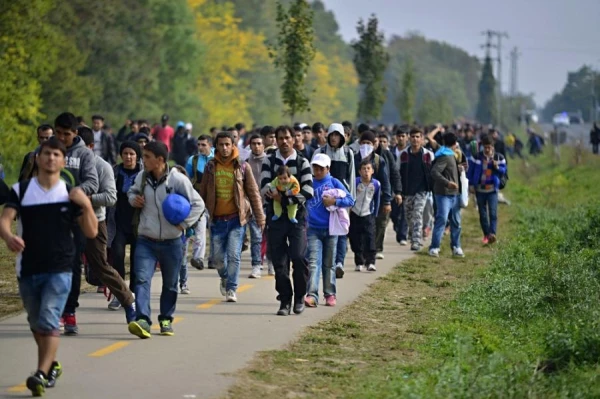
The head of the committee on security, order, and corruption prevention of the capital's municipality calls for a tightening of migration policy.
"Migrants today make up about 1/4 of Swedish society, with a large portion of newcomers uniting into ethnically-based communities and gangs – a consequence of Sweden's long-standing 'open door' policy, which annually admits over 120,000 migrants from various parts of the world. Should Latvia 'step on Sweden's rakes' in its migration policy? I think not – it is not too late to prevent such a scenario from unfolding in our country," said the chairman of the committee on security, order, and corruption prevention of the capital's municipality.
In his opinion, all the signs of a negative development in Latvia are evident – migrants are beginning to unite and group according to the aforementioned ethnic principle (as they did in Sweden).
"Firstly, they are trying to create their own 'colonies' of habitation, seeking and finding rental housing as close to each other as possible. Currently, in Riga alone, there are already specific areas (individual buildings) where the total area inhabited by immigrants is approaching almost 100% – both in micro-districts and even in the city center. At the same time, there are increasing reports from the local population that, in fact, there may be many more newcomers living in these densely populated areas than what appears in the signed rental agreements.
Secondly, they are effectively taking over certain employment sectors – a vivid example of this is food delivery platforms. Despite some minor improvements in this area, to date, neither the holders of these platforms nor the state can provide clear answers as to whether all the 'couriers' who travel daily on various means of transport through the streets and sidewalks of Latvian cities are legally in our country and whether they are making a living by registering under the data of one 'legal' individual, an unknown number of 'illegals'.
Thirdly, even such 'business niches' are gradually forming, which are intended solely to meet the needs of migrants and which simultaneously serve as peculiar gathering and convergence places. In Riga alone, there are already several shops and catering establishments that cater almost exclusively to newcomers from third countries, where workers do not even know a word of English (let alone Latvian) and where the random 'intrusion' of other individuals is met with undisguised surprise.
There are other areas where such 'grouping' is becoming increasingly pronounced – both in creating characteristic places of religious worship and gathering for entertainment events typical of their country of residence...
To ensure that we do not wake up 'in a Swedish situation' in a few years, we need to start acting today. It is necessary to amend the legislation regulating immigration issues. This work has already begun in the Saeima, and I hope it will not be sabotaged or shoved into the back drawers.
The most important thing is to establish much greater responsibility for both employers who hire immigrants (especially for so-called recruitment firms) and for Latvian universities, some of which currently serve as wide-open immigration gateways, setting a specific quota for students from third countries in relation to the total number of students. This would enshrine in law the principle – as many enter, so many exit.
As the next steps, it is worth mentioning the clarification of the conditions for renting apartments and the employment of third-country nationals and the control over their compliance.
It would also be very important to change the algorithm of the Office of Citizenship and Migration Affairs, which is currently aimed at showing more sympathy to individuals who have lost the right to legal residence – often their status is formally corrected instead of immediate departure, allowing them to remain in the country for an indefinite period, even though there are no legitimate grounds for this.
And, of course, we must immediately stop wasting public funds while continuing to play around various 'integration programs' – the example of Sweden shows that the imagined 'inclusive' future is merely a dream living in the heads of those obsessed with leftist ideas, having no relation to reality.
These steps alone will be a good start to ensure that we do not step on the aforementioned 'Swedish rake' and that the problems inevitably created by migrants are addressed in a timely manner, rather than when it requires much greater efforts and resources," the city council member is convinced.



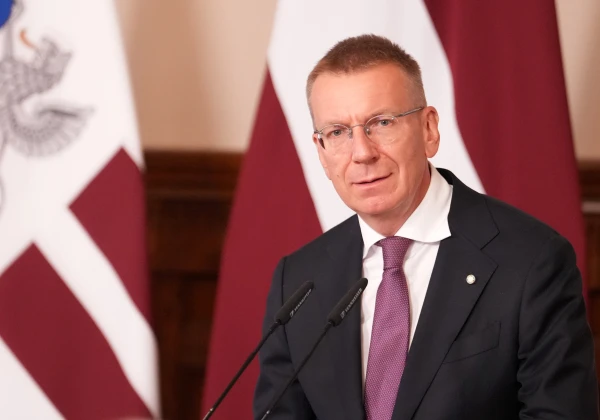

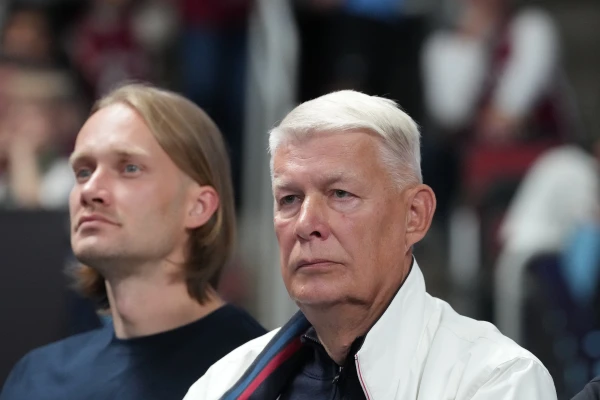
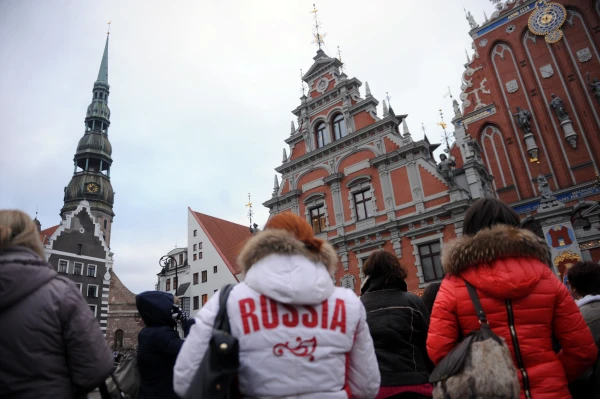
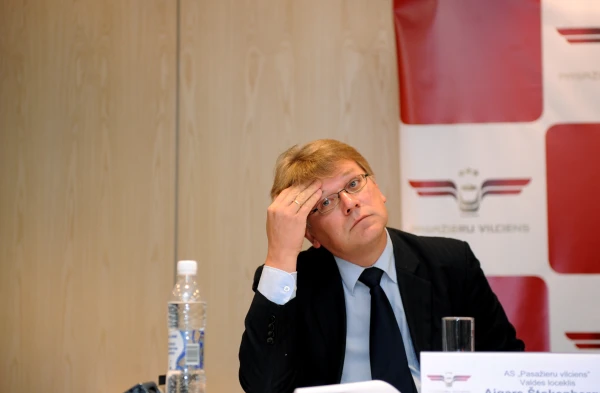
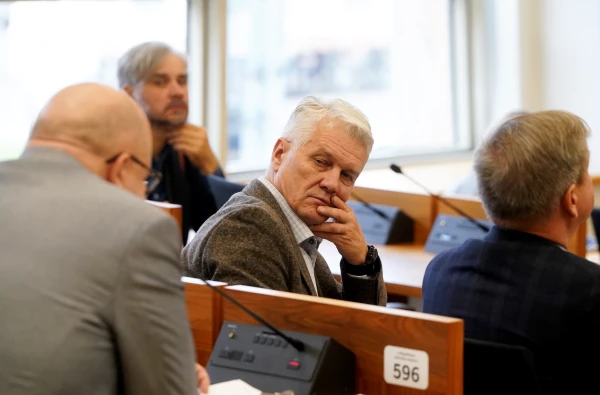





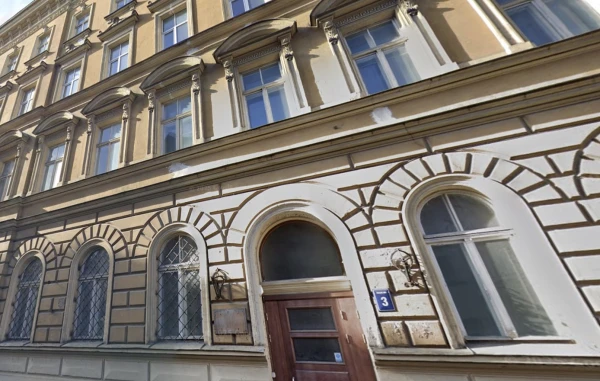

Leave a comment